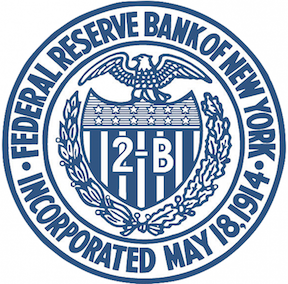 A new study by the Federal Reserve Bank of New York finds that predominately Black communities have been hit hardest by the COVID-19 pandemic in terms of health outcomes and economic vitality. The report finds that mortality rates in Black communities were higher but so were job losses and business closures.
A new study by the Federal Reserve Bank of New York finds that predominately Black communities have been hit hardest by the COVID-19 pandemic in terms of health outcomes and economic vitality. The report finds that mortality rates in Black communities were higher but so were job losses and business closures.
The report found that at the start of the pandemic the number of active business owners fell by 22 percent from February to April 2020 — the largest drop on record. Black businesses experienced the most acute decline, with a 41 percent drop.
Other notable findings from the report are:
* Two-thirds of counties with high levels of Black business activity before the pandemic are in the top 50 COVID-affected areas. Data from counties nationwide show Black-owned firms are more likely to be located in COVID-19 hot spots, while White-owned firms are less likely to be in the most heavily affected areas.
* The Paycheck Protection Program, the federal government’s signature relief program for small businesses, has left significant coverage gaps: these loans reached only 20 percent of eligible firms in states with the highest densities of Black-owned firms, and in counties with the densest Black-owned business activity, coverage rates were typically lower than 20 percent.
• Weaker cash positions, weaker bank relationships, and preexisting funding gaps left Black firms with little cushion entering the crisis: even the healthiest Black firms were financially disadvantaged at the onset of the pandemic.
* Forty percent of receipts from Black-owned businesses are concentrated in just 30 counties, roughly one percent of all counties in the country. Examining the same 30 counties, we find that roughly two-thirds (19 of 30) are areas with the highest numbers of COVID-19 cases.
The full study, Double Jeopardy: COVID-19’s Concentrated Health and Wealth Effects in Black Communities, may be downloaded here.


You mean to tell me the Federal Reserve expended time, money and other tangible resources on a topic that the Black community already established both historically and currently. The Federal Reserve should appropriate various types of funds to native born Black American businesses since they’re part of the problem. Enough of the studies and simply “cut the check”.